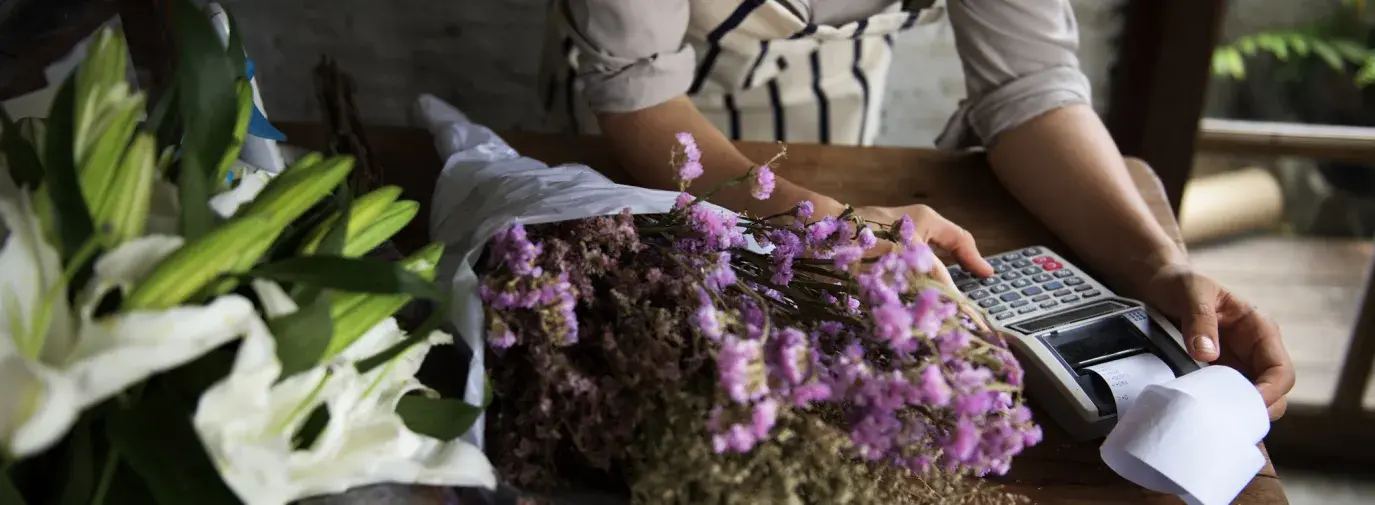
WASHINGTON, D.C.—June 25, 2019—Only three retailers – Best Buy, Apple and Ben & Jerry’s – get top marks in how they deal with electronic and paper receipts, according to a Green America report providing an overview of the practices of 36 top US companies. On the other end of the spectrum, 17 companies earned a “D” rating, including Walgreens and Chipotle, for only offering paper receipts coated with bisphenol A (BPA) or bisphenol S (BPS).
The new edition of the Green America “Skip the Slip” report also shows that thermal paper usage and costs are increasing every year, and it discusses policy actions aimed to address unnecessary receipt waste.
The new “Skip the Slip” findings include:
- The majority of businesses (28) earned a “C” or “D” rating. A “C” grade designates that they offer an “opt-in” digital receipt program and use BPA or BPS thermal paper. This less-than-ideal approach is used by CVS, Target and Lowe’s. A “D” grade designates that they fail to offer a digital only option and use BPS or BPS digital paper. Companies exploring alternatives are noted in the report, but the grading reflects current in-store practices.
- Consumption of thermal paper for receipts is increasing worldwide, including in the US, according to recent market analysis conducted by Grand View Research. In 2018, US consumption was 256,300 metric tons of paper and this is projected to increase at least through 2025.
- There are escalating costs for businesses automatically printing receipts that often are tossed in the trash. In 2018, market revenue for paper receipts in the US was over $386 million. Due to a severe shortage of leuco dye needed for thermal paper, costs will steadily increase each year. It’s projected that market revenue for paper receipts will surpass $566 million by 2025.
- US receipt use consumes over three million trees and nine billion gallons of water each year, according to Green America estimates using Grand View Research’s analysis and the Environmental Paper Network’s Paper Calculator. Receipt production generates over four billion pounds of greenhouse gases (the equivalent of 450,000 cars on the road) and 302 million pounds of solid waste.
The new report includes an update on legislation addressing receipts. This includes the status of recent efforts in California to reduce unwanted paper receipts and ensure customers have a choice for the receipt mode they prefer. Named after Green America’s campaign, the “Skip the Slip” bill, or AB 161, was introduced by Assemblymember Phil Ting and was approved by the California Assembly.
“Customers should have a choice when it comes to receipts,” said Beth Porter, Green America’s Climate Campaigns director. “More and more people want no receipt or an electronic receipt, and when companies make these options available to customers it’s good for the environment, human health, and a business’ bottom line.”
Since 2017, Green America has campaigned to raise awareness on the unnecessary environmental impacts of paper receipts and the toxins coating paper receipts, most commonly BPA and BPS.
“Given the increasing cost of receipt paper and the shift of customer preferences, it makes environmental and economic sense for businesses to offer a digital option while providing phenol-free paper on request,” said Todd Larsen, Green America’s executive co-director. “There are digital alternatives that are being used by businesses from independent cafes and food trucks to nationwide retailers.”
MEDIA CONTACT: Max Karlin for Green America, (703) 276-3255, or mkarlin@hastingsgroup.com.



